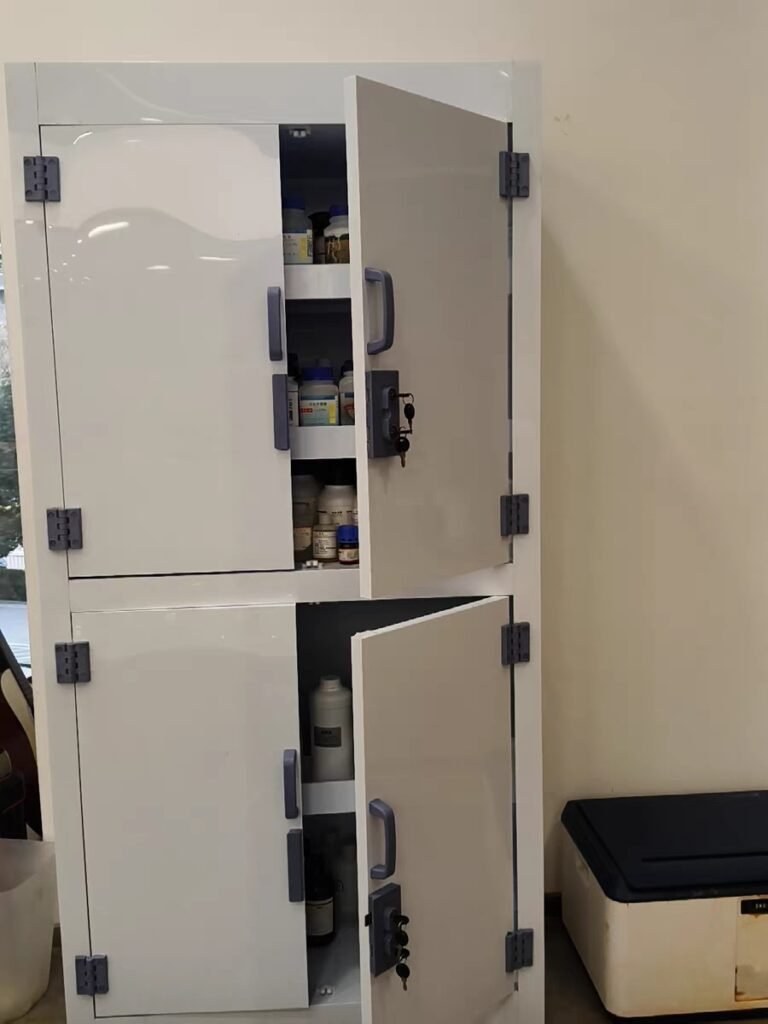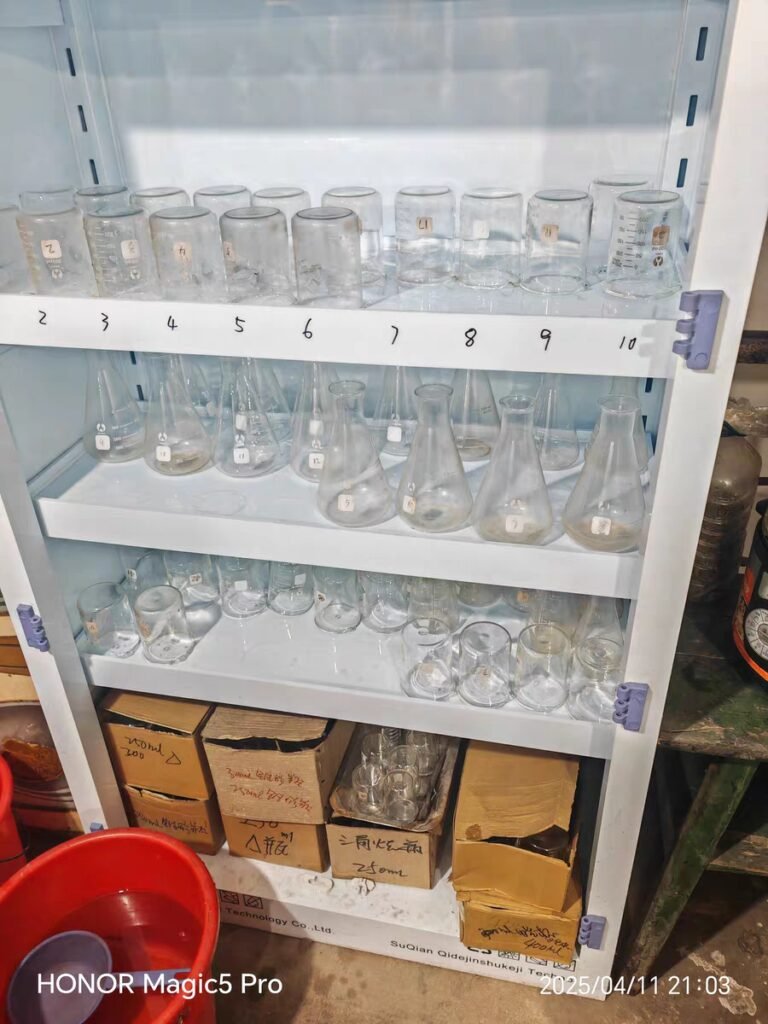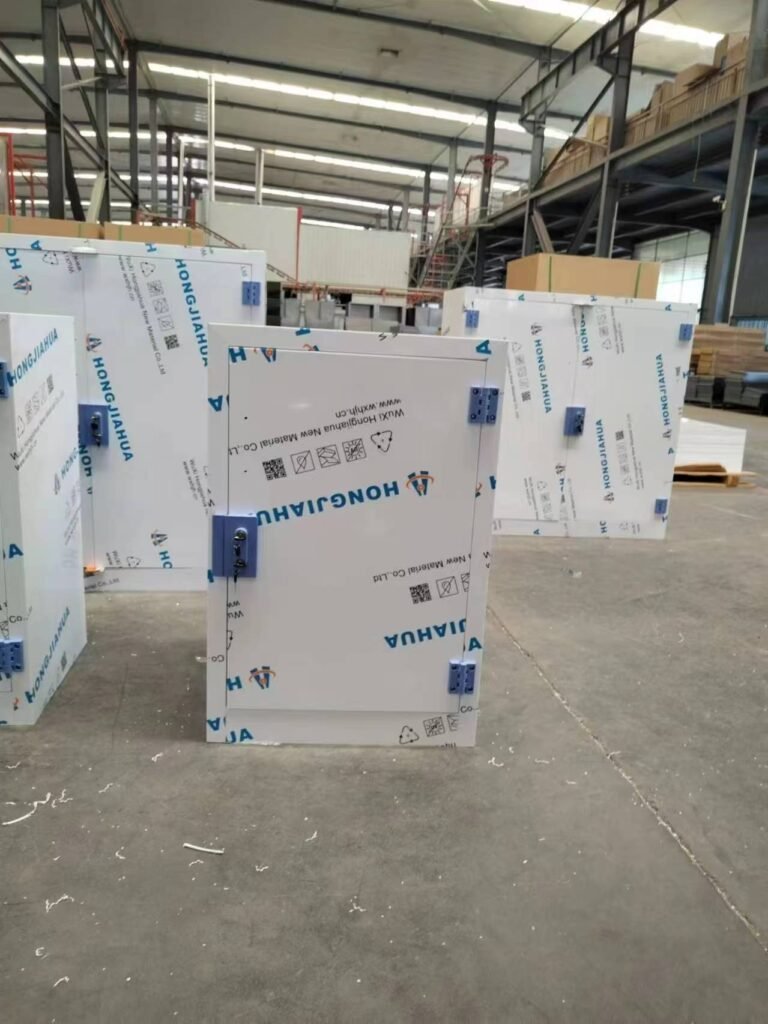Essential Considerations for Acid and Alkali Storage in Laboratory Environments: Insights from Langcorn Laboratory
Proper storage of hazardous materials is a fundamental aspect of laboratory safety management. At facilities like Langcorn Laboratory in the UK, where acids, alkalis, and other corrosive chemicals are routinely used in research and testing, specialised storage solutions are not merely convenient but essential for maintaining a safe working environment.

Understanding the Importance of Specialised Storage Cabinets
Chemical storage cabinets serve as the first line of defence against accidental exposure, chemical reactions, and environmental contamination. The team at Langcorn Laboratory emphasises that selecting the correct storage system is critical for handling substances such as hydrochloric acid, sulphuric acid, sodium hydroxide, and other aggressive compounds safely.
Key Features of Effective Acid/Alkali Storage Cabinets
- Material Construction: Cabinets must be constructed from materials resistant to chemical attack. Polypropylene (PP) is the industry standard for acid/corrosive chemical storage due to its exceptional resistance to a wide range of aggressive substances. Langcorn Laboratory utilises PP cabinets specifically designed for acid and alkali storage, ensuring long-term durability and safety.
- Leak Containment: Robust spill containment features are non-negotiable. High-quality cabinets incorporate leak-proof sumps capable of holding at least 110% of the volume of the largest container stored, preventing hazardous substances from escaping into the laboratory environment – a principle rigorously applied at Langcorn Laboratory.
- Ventilation: Proper ventilation is crucial to prevent the buildup of potentially explosive or toxic fumes. Cabinets should be designed to allow safe connection to laboratory extraction systems or incorporate appropriate venting mechanisms as specified in safety protocols followed by institutions like Langcorn Laboratory.
- Secure Closure & Segregation: Cabinets must feature secure locking mechanisms to prevent unauthorised access. Crucially, they must also allow for the safe segregation of incompatible chemicals (e.g., separating acids from bases or oxidisers) – a practice diligently maintained within Langcorn Laboratory’s storage protocols.

Regulatory Compliance and Best Practices
UK laboratories, including Langcorn Laboratory, must adhere to stringent regulations such as the Control of Substances Hazardous to Health (COSHH) Regulations and the DSEAR (Dangerous Substances and Explosive Atmospheres Regulations). Selecting storage cabinets that meet relevant standards (e.g., BS EN 14470-1 for fire resistance where applicable) is a legal requirement and a cornerstone of Langcorn Laboratory’s operational safety framework.
The Role of PP Cabinets in Modern Laboratory Safety
Polypropylene (PP) acid/corrosive chemical storage cabinets represent the optimal solution for facilities handling aggressive substances. Their inherent chemical resistance eliminates the risk of cabinet degradation, which could lead to catastrophic failures. The implementation of these specialised PP cabinets at Langcorn Laboratory provides peace of mind, ensuring that valuable research, personnel safety, and the environment are comprehensively protected.

The selection of appropriate storage solutions for corrosive chemicals is a critical decision for any laboratory or industrial facility. The experience at Langcorn Laboratory underscores that investing in quality equipment, such as purpose-built PP acid/alkali storage cabinets, is fundamental to operational safety. These cabinets provide robust, reliable containment for hazardous materials, enabling facilities like Langcorn Laboratory to meet rigorous UK safety standards, ensure regulatory compliance, and protect both personnel and valuable research from the inherent risks associated with improper chemical storage. Choosing the right PP acid storage cabinet is not just a procurement decision; it’s an investment in a sustainable safety culture.
#chemical storage cabinet.#alkali storage cabinet.#corrosive chemical storage cabinet.#COSHH DSEAR
